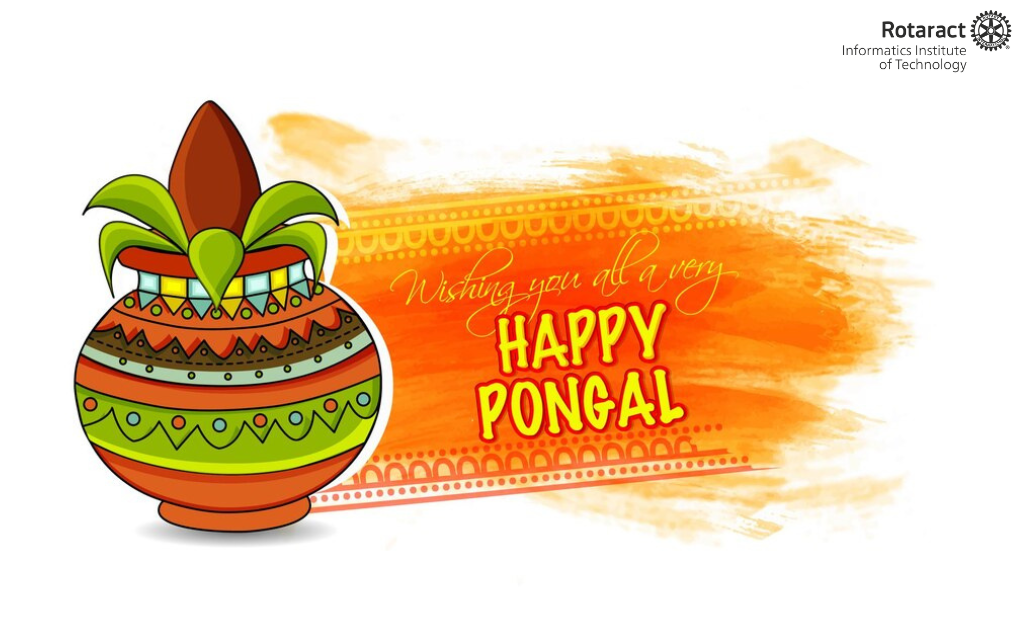
Celebrating Thai Pongal: A Harvest Festival of Gratitude and Prosperity
Thai Pongal, one of the most cherished festivals in Tamil culture, is a vibrant and meaningful celebration that transcends borders and unites people in gratitude. Held annually in mid-January, Thai Pongal marks the start of the Tamil month of Thai, a time of renewal, prosperity, and hope. This four-day festival revolves around the harvest, honoring the Sun God, nature, and cattle, which are central to the agrarian way of life. Rooted in centuries-old traditions, Thai Pongal is not just a festival but a testament to humanity’s harmonious relationship with the earth.
At its core, Thai Pongal is an expression of thanks. The word “Pongal” translates to “boil over” in Tamil, symbolizing abundance and prosperity. It refers to both the festival and the special dish prepared during the celebrations. This simple yet profound act of cooking the Pongal dish is a ritual that embodies gratitude for the bounty of nature and the hard work of farmers who cultivate the land.
The preparations for Thai Pongal begin days in advance, with households cleaning and decorating their homes to welcome blessings. Kolams, intricate designs made with rice flour, adorn the thresholds of homes, adding a touch of artistry and symbolism. These vibrant patterns are not merely decorative; they are offerings to birds and insects, embodying the spirit of coexistence. Families gather to paint earthen pots and procure fresh produce, infusing the air with a sense of anticipation and joy.
The first day of the festival, known as Bhogi Pongal, is a time to discard the old and usher in the new. On this day, people clean their homes thoroughly, burning unwanted items in a symbolic gesture of letting go of negativity. It is a reminder to start the new year with renewed energy and positivity. Families come together to sing traditional songs, share stories, and prepare for the days ahead.
The second day, Thai Pongal, is the highlight of the festival. As the morning sun rises, families gather in open spaces, often near fields or on rooftops, to cook the Pongal dish in decorated clay pots. The ingredients used—rice, milk, jaggery, and ghee—symbolize abundance, purity, sweetness, and prosperity. As the mixture boils and spills over, cries of “Pongalo Pongal!” echo through the air, signaling the overflowing blessings of nature. The dish is then offered to Surya, the Sun God, as a gesture of gratitude for providing the energy necessary for a successful harvest.
Community and togetherness are central to Thai Pongal. The festival brings families, friends, and neighbors together in a spirit of unity and celebration. Meals are shared, and traditional dances and music fill the air. For farmers, this is also a time to rest and rejoice after months of hard work in the fields. It is a moment to reflect on the interdependence between humans and nature, fostering a deeper appreciation for the simple yet essential gifts of life.
The third day, Mattu Pongal, is dedicated to cattle, which are revered as sacred and indispensable partners in agriculture. Farmers bathe and decorate their cattle with garlands, turmeric, and vermillion. Bells are tied around their necks, and they are fed special treats, including Pongal. This day highlights the symbiotic relationship between humans and animals, emphasizing respect and gratitude for their contribution to farming and livelihood.
The festival concludes with Kaanum Pongal, a day of social gatherings and relaxation. Families visit relatives, exchange gifts, and spend time together, strengthening bonds and fostering goodwill. It is also a day to express appreciation for the community and share the harvest’s abundance with those less fortunate. The spirit of giving and generosity permeates the celebrations, reinforcing the values of compassion and empathy.
The symbolism of Thai Pongal resonates universally. At a time when the world faces environmental challenges, the festival serves as a poignant reminder of the need to live in harmony with nature. Its rituals underscore the importance of sustainable living, acknowledging the earth’s finite resources and the effort required to cultivate them. By expressing gratitude for the harvest and respecting the natural world, Thai Pongal offers timeless lessons in mindfulness and stewardship.
Thai Pongal is also a celebration of resilience. The festival acknowledges the hardships faced by farmers and their determination to overcome them. It is a tribute to their perseverance and a collective prayer for better times ahead. In essence, it is a celebration of life’s cyclical nature—the end of one harvest season and the hope for another. This sense of continuity and renewal is what makes Thai Pongal a festival of enduring relevance.
The cultural richness of Thai Pongal is reflected in its traditional music, dance, and attire. Women don vibrant sarees, and men don veshtis, adding to the festive atmosphere. Folk performances like karagattam (a traditional dance balancing pots on the head) and jallikattu (a bull-taming sport) showcase the region’s unique heritage and add excitement to the festivities.
For children, Thai Pongal is a time of wonder and learning. They participate in decorating the house, drawing kolams, and helping prepare the Pongal dish. Through these activities, they gain a deeper understanding of their roots and the values that underpin the festival. It is a time of bonding and storytelling, where grandparents share tales of past celebrations, bridging generations and keeping traditions alive.
As the Tamil saying goes, “Thai Pirandhal Vazhi Pirakkum,” meaning “With the arrival of Thai, there is hope for solutions and new opportunities.” Thai Pongal embodies this sentiment, offering a moment of reflection, gratitude, and renewal. It is a time to celebrate life’s blessings, acknowledge its challenges, and embrace a future filled with hope.





